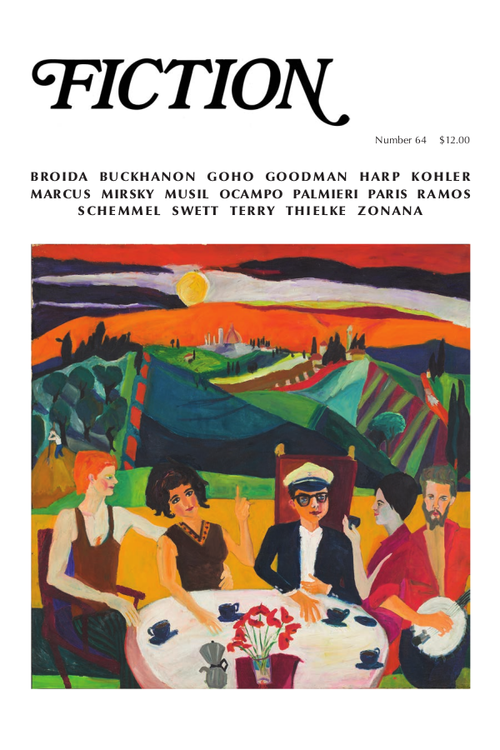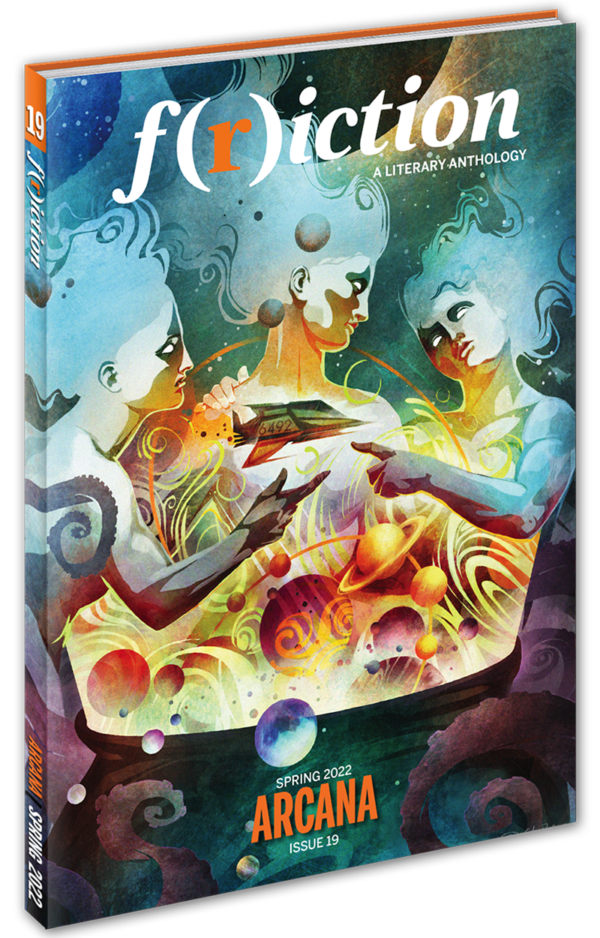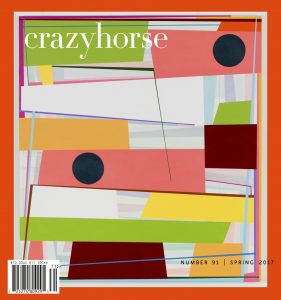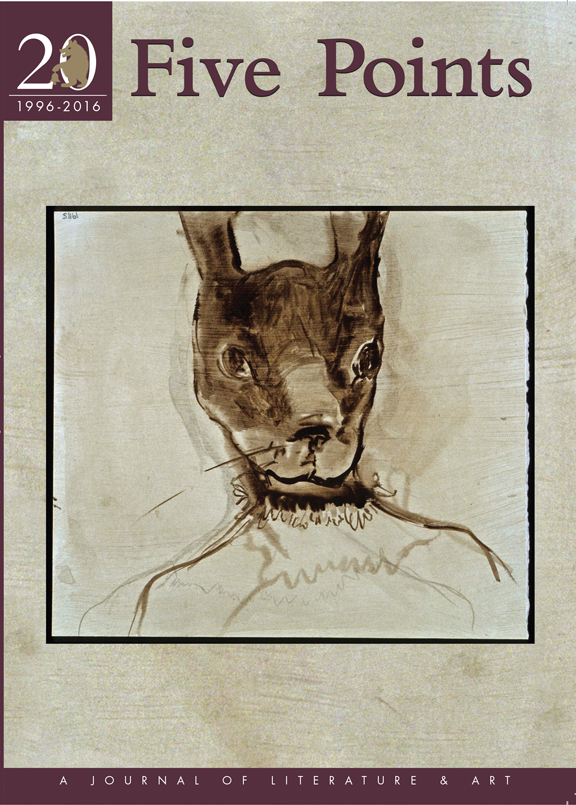Run a literary magazine? Submit it to our directory!
The halls of literary success are paved with authors who got their start appearing in literary magazines — such as Zora Neale Hurston, Truman Capote, William Faulkner, Edith Wharton, Ursula Le Guin, J.D. Salinger, George Saunders, Alice Munro, Flannery O’Connor, and many more.
For centuries, literary magazines have highlighted works that would otherwise struggle to reach readers. Poetry, short stories, essays are all forms of writing that own very tiny shares in the publishing landscape — except in the world of literary magazines, where they reign supreme.
If you’re an aspiring author, submitting to literary magazines is a great way to get your foot into the door of the publishing industry, as it allows you to build up your credentials and reach readers. That being said, having your work appear in a literary magazine isn’t as easy as hitting “submit.” While they can act as a stepping stone for writers who wish to go on to have a career in publishing, you shouldn’t view literary magazines as simply a means to an end — if only because doing so will very likely reduce your chances of ever actually being featured in one of them.
And on that note, let’s get started with our first tip for getting your work featured in some of the best literary magazines out there.
Tips for submitting to literary magazines
Ensure you’re submitting to the right places
When you think of literary magazines, your mind might automatically go to The New Yorker. Or it might go to independent webzines that specialize in very niche genres. Maybe you think of university-funded quarterlies like The New England Review. All this is to say that the range of lit mags out there is broad and the kinds of things they publish also ranges — from short lit fic to flash space operas, and everything in between.
So before you decide to submit your short stories or poetry to a magazine, make sure you do your due diligence and research what kinds of things they publish, and where your work is really a match.
Don’t submit to tons of publications all at one
“Cast a wide net” shouldn’t be your mantra when it comes to submitting to lit mags. As mentioned, all magazines have their own styles. So spending your time ensuring your submissions are targeted at the right places is much more valuable than sending your writing to as many different publications as possible. Editors can usually scout fairly quickly the pieces that have been submitted en masse, without any regard for their specific publication.
Instead, make a list of the magazines you want to submit to and group them into tiers. Tier One can be your top five magazines, Tier Two your next five favorite, and so on. This is not only a good way to make sure you’re giving each submission care and attention, it’s also a good way to make sure you don’t get the same piece of writing accepted by two different magazines, forcing you to pull your submission from one of them.
When it comes to making your list, don’t only consider what magazines have prestige, huge audiences, or hefty cash payouts. The best magazines to submit to are the ones that you actually enjoy reading. Because chances are those are the magazines that are going to be most interested in the kind of things you’re writing.
Keep your cover letter short and to-the-point
Editors are not won over by cover letters. If you’ve written a great story and have publishing credentials to boot, sure, your cover letter might help win them over. But if your submission isn’t strong, your cover letter is going to mean nil. So let your cover letter mention the important bits, make sure it provides any specific information that’s requested in the submission guidelines, and let your entry do the heavy lifting.
Typically, a cover letter will mention a couple of the previous places you’ve been published as well as any other relevant experience you might have. You can also add a personal touch by mentioning a previous story or issue you particularly enjoyed.
What your letter shouldn’t mention is every place you’ve been published (up to 5 will suffice). It shouldn’t summarize your entry, your life story, or your “writing journey,” and any previous experience you mention should be related in some way to writing, publishing, or your entry.
Thoroughly edit your story — and follow submission guidelines!
An editor is probably not going to banish an otherwise very strong entry to the slush pile because of a misplaced typo. That being said, they have lots of reading to do, and while most editors won’t consciously read an entry looking for reasons not to like it, at the end of the day they can only accept so many pieces. So if you make their jobs easier by giving them a reason to pass on your piece, they’re going to take it. If it’s not adequately proofread, there’s only so long someone can continue reading even the strongest writing before the spelling errors convince them to stop.
Another quick way to convince an editor to pass on your entry is to not follow the submission guidelines. If the guidelines ask you to include specific information or to format your story in a certain way, follow those instructions to a tee. If the guide doesn’t tell you how to format your story, go classic: Arial or Times New Roman 12-point font, double-spaced. To ensure your submissions look professional, you can always copy and paste them into our free formatting tool, the Reedsy Book Editor!
Editors do want to like your submission
The publishing world is competitive, so it’s natural for authors to stress about all the little details of submitting to a literary magazine — whether to add page numbers to their document, who to address in their cover letter, whether they’ll stand a chance as a brand new author, etc. And while we did just mention that editors generally won’t put up a fight if you give them a reason to pass on your entry, they also won’t toss aside a submission they love just because the full package isn’t 100% perfect.
Remember, editors are looking for quality art they feel is going to resonate with their readers. If you can provide them with that, they’re going to be on your side.
Don’t just do it for the money or prestige
If you’re submitting to lit mags with the hopes of raking in the cash, you are more than likely going to be disappointed. Sure, there are some big-time magazines out there that offer larger paycheques to their writers and widespread readership, but many of them don’t accept unsolicited submissions — or come with extremely steep competition.
Most literary magazines are run on very tiny budgets that can’t afford to pay the writers they feature. But that doesn’t mean you shouldn’t submit to them. The exposure and credibility an emerging writer can gain from having their work featured across a number of smaller, indie publications are still very valuable and shouldn’t be overlooked.
Have fun — and be proud of what you publish!
Yes, having your work appear in literary magazines can help build up your publishing resume. But if you’re not writing and publishing work you feel really proud of, what’s the point? Readers don’t need more stories that make it into magazines because they follow the right trends or say the right things, we want literature that the author clearly loved writing.
So, as we mentioned earlier, don’t just submit a piece because you think it’s going to get you somewhere. Submit something because you think it’s strong, unique, and worthwhile. Write and submit work you can proudly stand by!

















